Project Management Software of 2025: Top Tools to Keep Your Team on Track
In 2025, project management software continues to be the backbone of effective teamwork. Whether you're leading a remote startup or managing enterprise-level operations, the right software helps teams plan, collaborate, track progress, and deliver results faster.
This guide will help you discover the best project management tools of 2025, compare features, and understand which platform fits your workflow.
Why Project Management Tools Matter More Than Ever
The modern workforce is distributed, agile, and fast-moving. In this environment, project management tools provide:
- Real-time task tracking
- Workflow automation
- Cross-functional team collaboration
- Budgeting and resource allocation
- Integrated time tracking
Using outdated methods like email threads or Excel sheets leads to delays, missed deadlines, and lack of accountability. That’s why choosing the right project management software is critical in 2025.
Key Features to Look for in 2025
Modern project management platforms must go beyond basic task boards. Here are the must-have features in 2025:
- AI-powered insights and suggestions
- Custom workflows and dashboards
- Time tracking and workload management
- Seamless integrations with tools like Slack, Google Workspace, and Zoom
- Mobile access and real-time notifications
Comparison Chart: Best Project Management Software in 2025
| Software | Best For | AI Features | Gantt Charts | Mobile App | Starting Price |
|---|---|---|---|---|---|
| ClickUp | All-in-One Teams | ✅ | ✅ | ✅ | Free + $7/user/mo |
| Asana | Agile & Marketing Teams | ✅ | ✅ | ✅ | Free + $10.99/user |
| Monday.com | Workflow Automation | ✅ | ✅ | ✅ | Free + $8/user/mo |
| Trello (Atlassian) | Simple Task Management | ❌ | ❌ | ✅ | Free + $5/user/mo |
| Smartsheet | Spreadsheet-Style Projects | ✅ | ✅ | ✅ | From $9/user/mo |
| Wrike | Enterprise & Agencies | ✅ | ✅ | ✅ | Free + $9.80/user |
1. ClickUp: The All-in-One Powerhouse
ClickUp is one of the most customizable and feature-rich project management tools of 2025. From task lists to docs, time tracking, and mind maps—ClickUp does it all. Its AI-powered assistant helps identify bottlenecks and optimize workload distribution.
Best for: Cross-functional teams, agencies, startups
Pros: All-in-one platform, unlimited tasks even in free plan
Cons: Steeper learning curve for beginners
2. Asana: Clean, Visual, and Scalable
Asana is widely used for its visual clarity, user-friendly layout, and ability to scale with team size. In 2025, Asana’s AI integrations help predict project timelines and suggest automation rules.
Best for: Marketing teams, software teams, and operations
Pros: Great for dependencies, clean UI, strong integrations
Cons: Limited reporting in free version
3. Monday.com: Automation Made Easy
Monday.com excels at workflow automation and is a great choice for businesses that want to digitize internal processes. With custom boards, AI-driven dashboards, and integration templates, it fits a wide variety of use cases.
Best for: Project managers who want full visibility and control
Pros: Visually appealing, time-saving automation
Cons: Pricing adds up with features
4. Trello: The Simplicity Champion
Owned by Atlassian, Trello is a Kanban-style tool perfect for smaller projects or task tracking. While it lacks native AI tools or advanced reports, it's highly effective for personal and team to-dos.
Best for: Freelancers, students, or small project teams
Pros: Extremely user-friendly, low cost
Cons: Not suited for complex projects
5. Smartsheet: Spreadsheet Meets Project Management
Smartsheet is perfect for professionals who love Excel but need real-time collaboration, dashboards, and automation. It combines the familiarity of spreadsheets with powerful project planning tools.
Best for: Finance, construction, and logistics teams
Pros: Grid view, strong reporting, resource tracking
Cons: Can be overwhelming for new users
6. Wrike: Enterprise-Level Flexibility
Wrike is a robust platform designed for enterprise project management and creative agencies. With tools for resource management, request forms, and advanced reporting, it supports large teams and complex deliverables.
Best for: Enterprises, agencies, and professional services
Pros: Highly customizable, scalable architecture
Cons: Can be pricey and complex for smaller teams
Choosing the Right Project Management Software
Here are a few questions to ask before deciding:
- Do you need time tracking or Gantt charts?
- How large is your team, and how do they prefer to collaborate?
- Are integrations with tools like Slack, Gmail, or Zoom important?
- Do you want automation or AI features to help manage workflows?
- What’s your monthly budget per user?
Many of the tools listed offer free plans or 14-day trials, so testing before committing is highly recommended.
Final Thoughts
In 2025, project management software is more than a digital checklist—it's a central hub for collaboration, planning, and execution. From ClickUp’s all-in-one approach to Trello’s simplicity, there’s a solution for every type of team and project.
Invest in the right tool and watch your team’s productivity soar.
Explore

Coding Bootcamps: A Fast Track to a Tech Career

Finding the Best Home Improvement Contractor for Your Project
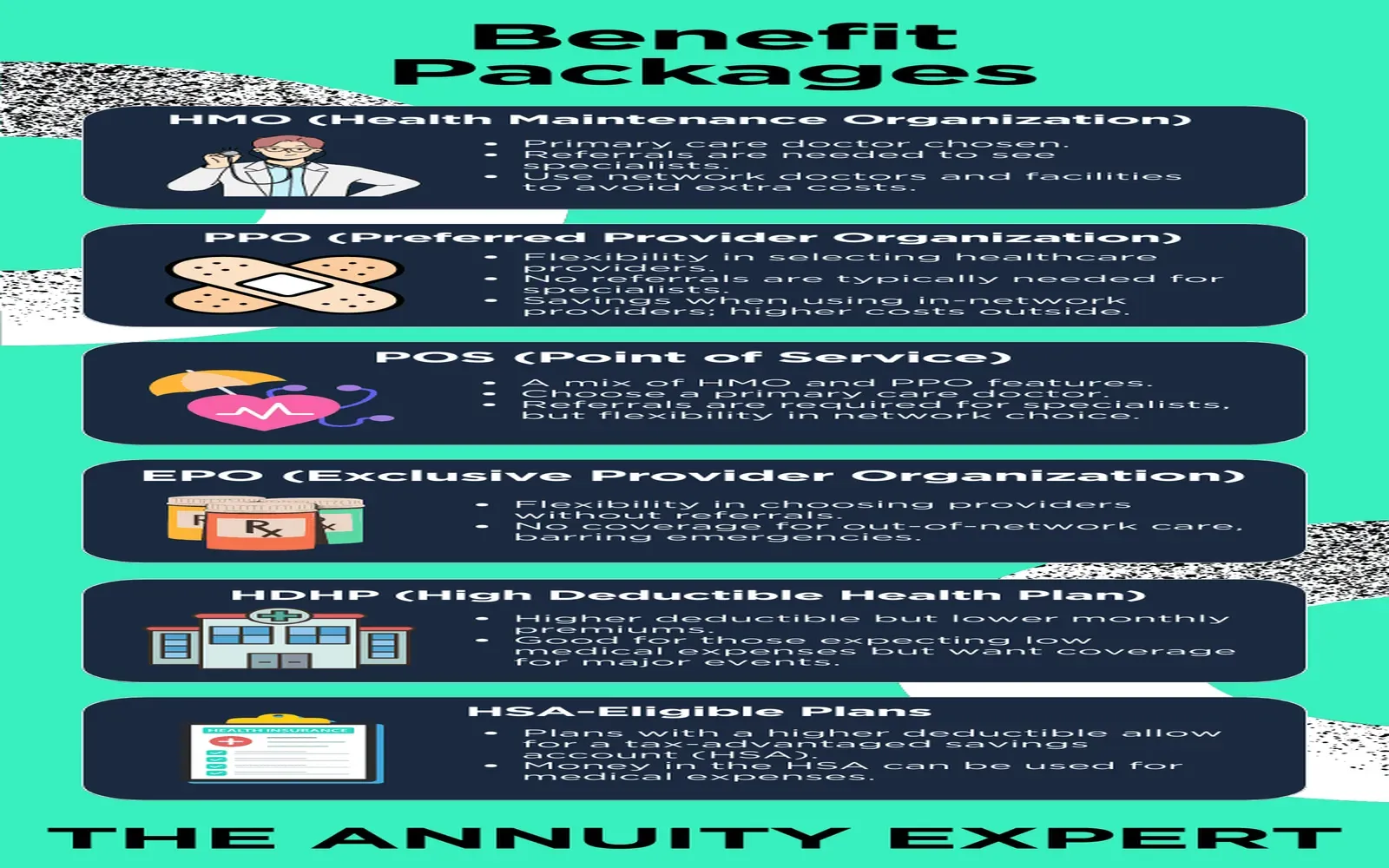
Affordable Business Health Insurance Plans for 2025: Save Money While Protecting Your Team
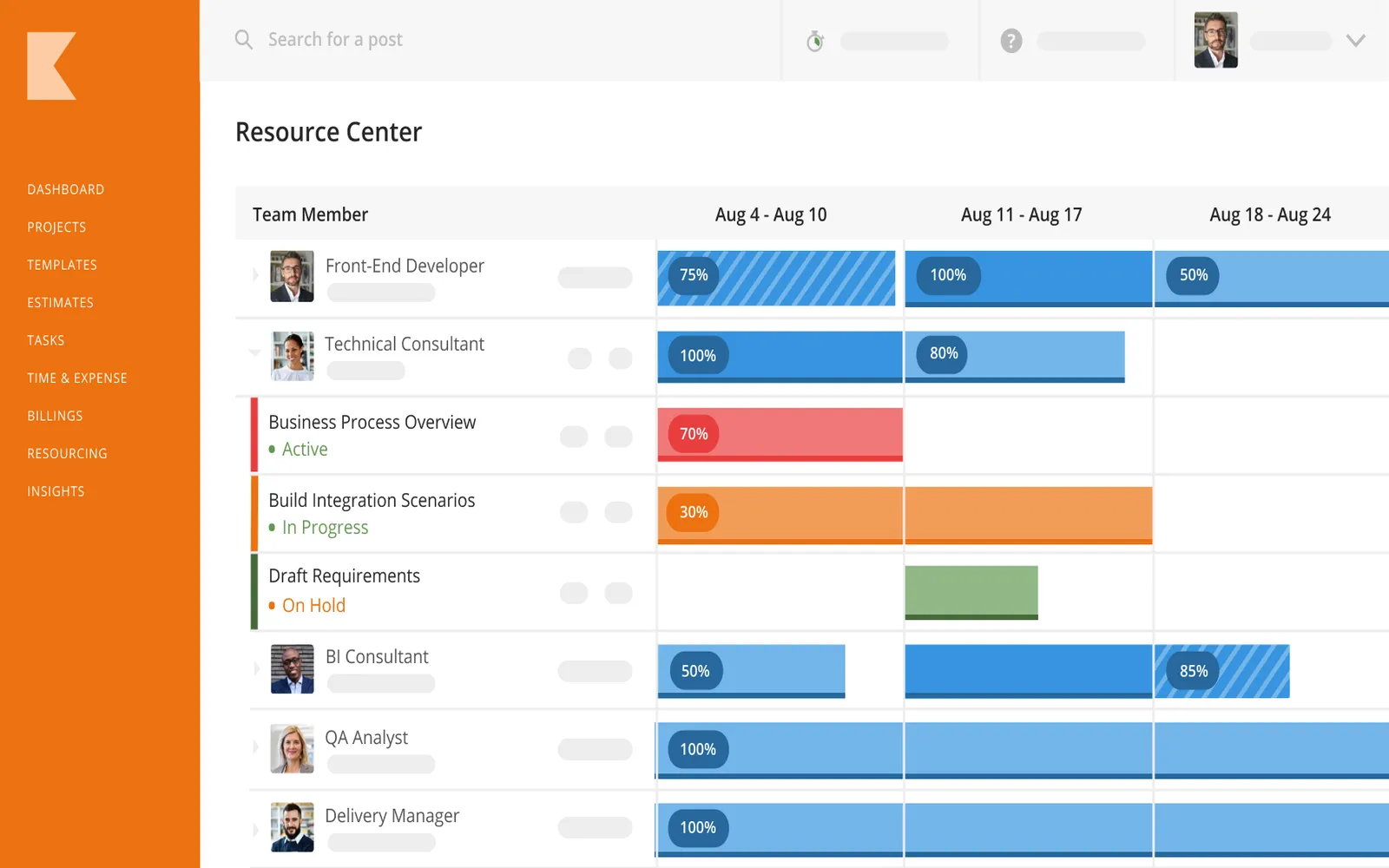
Top Project Management Software for Teams in 2025: Boost Collaboration and Efficiency

Top 6 Email Hosting Services That Keep You Connected
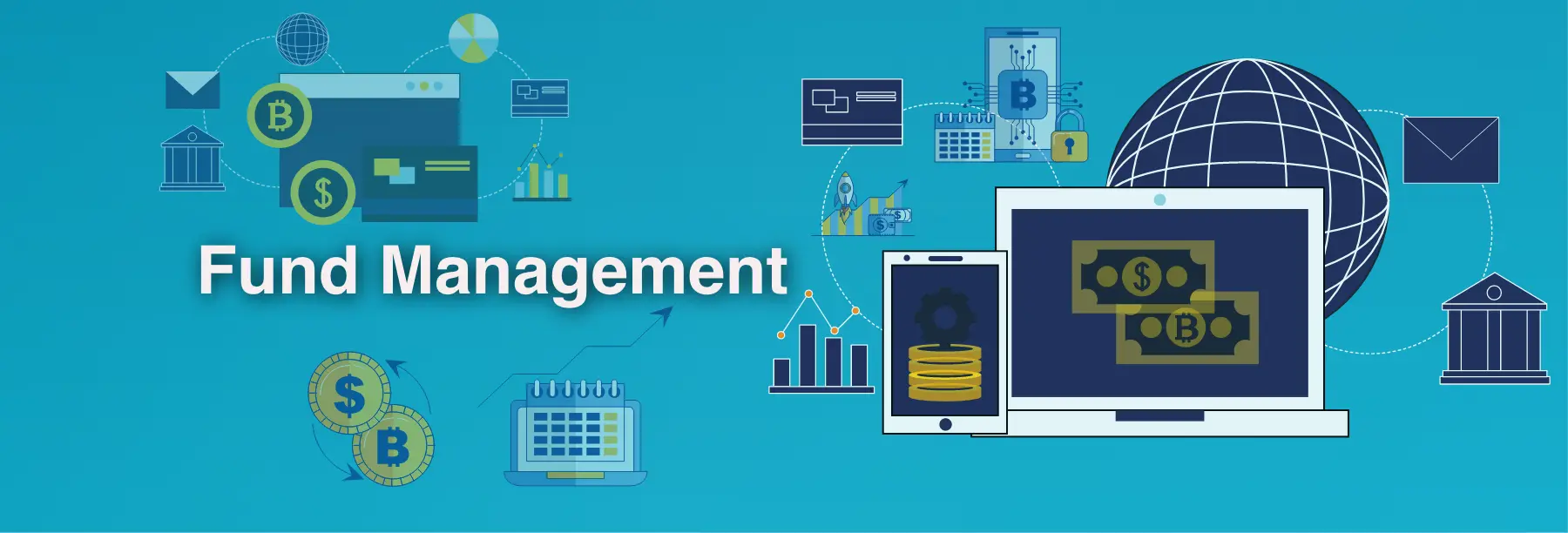
Top Fund Management Software and Tools to Streamline Your Investment Strategy in 2025
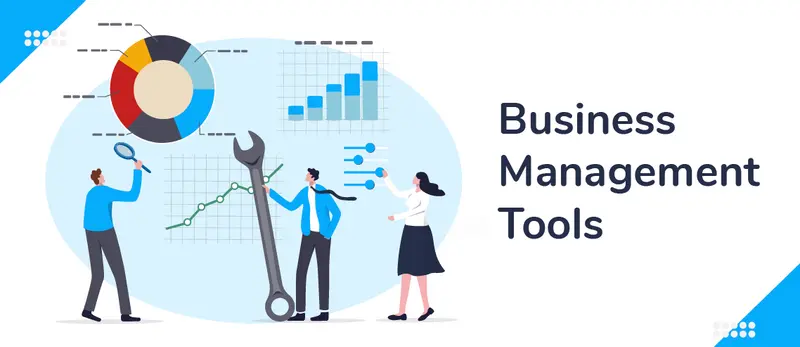
Top Small Business Management Tools to Use in 2025
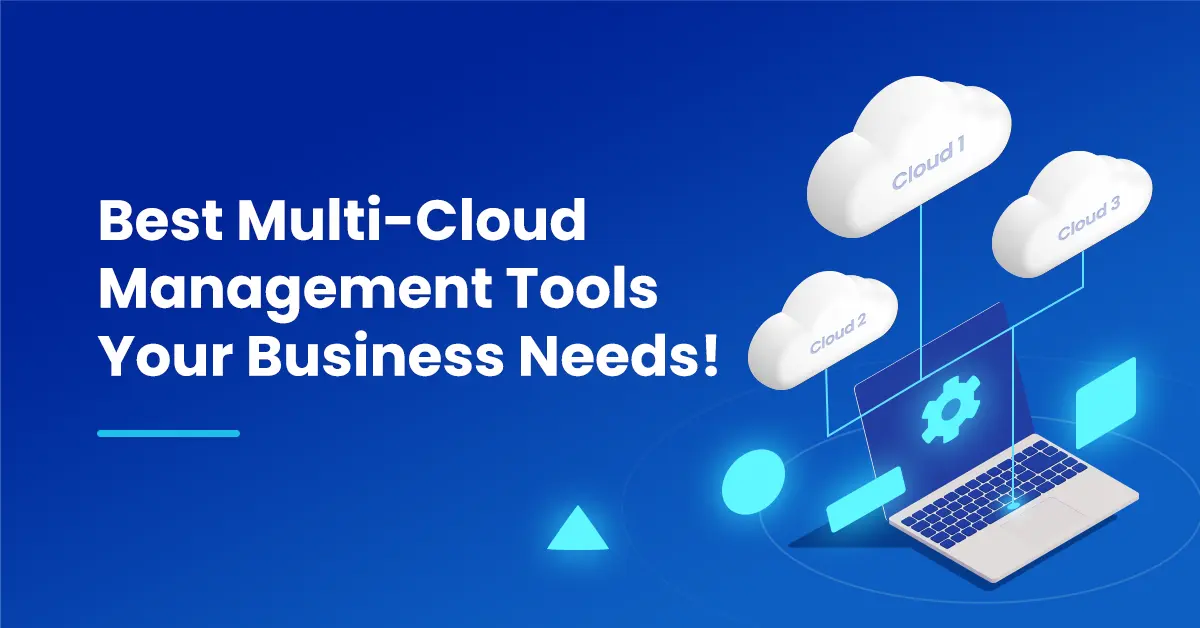
Best Multi-Cloud Management Tools of 2025: Features & Reviews
